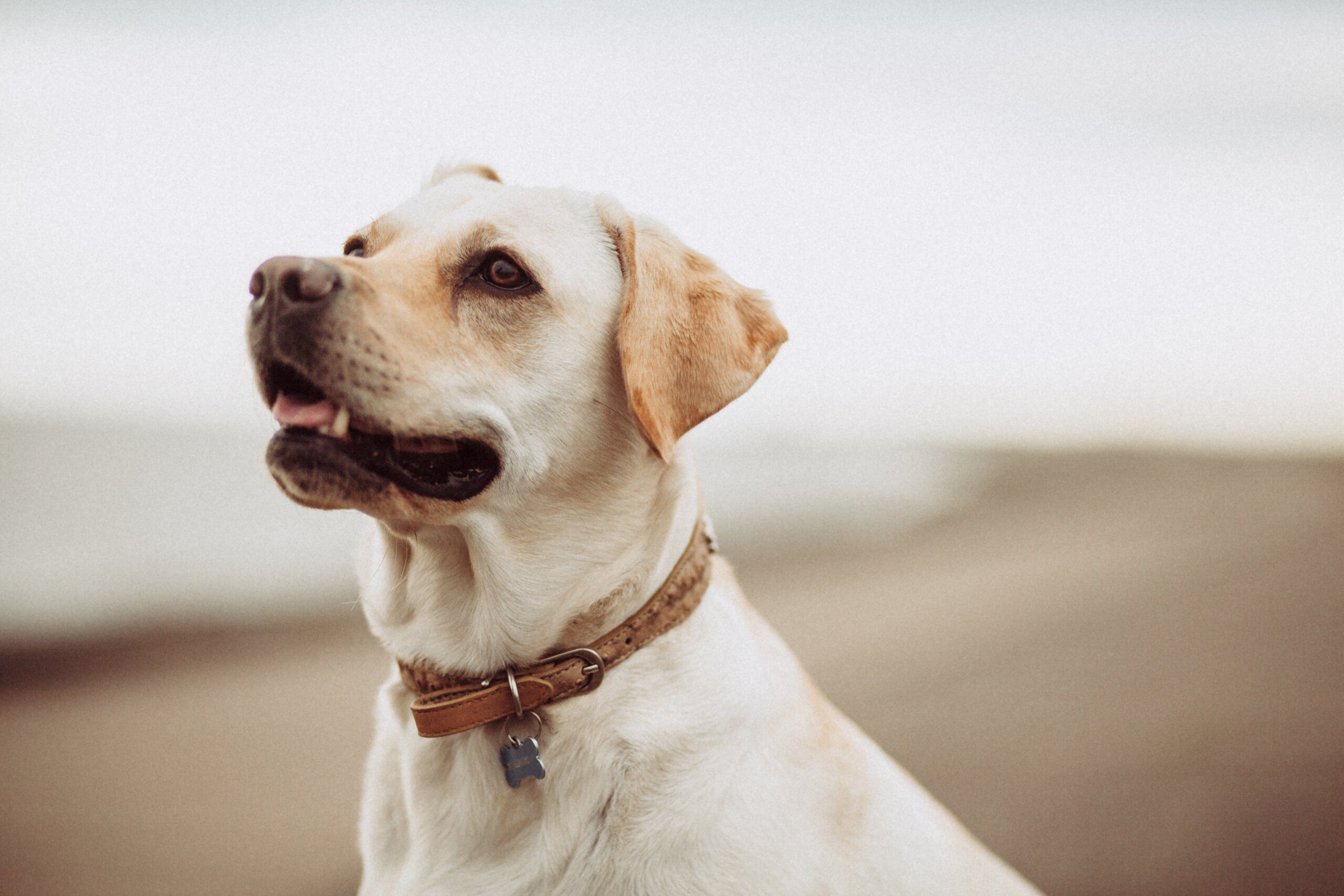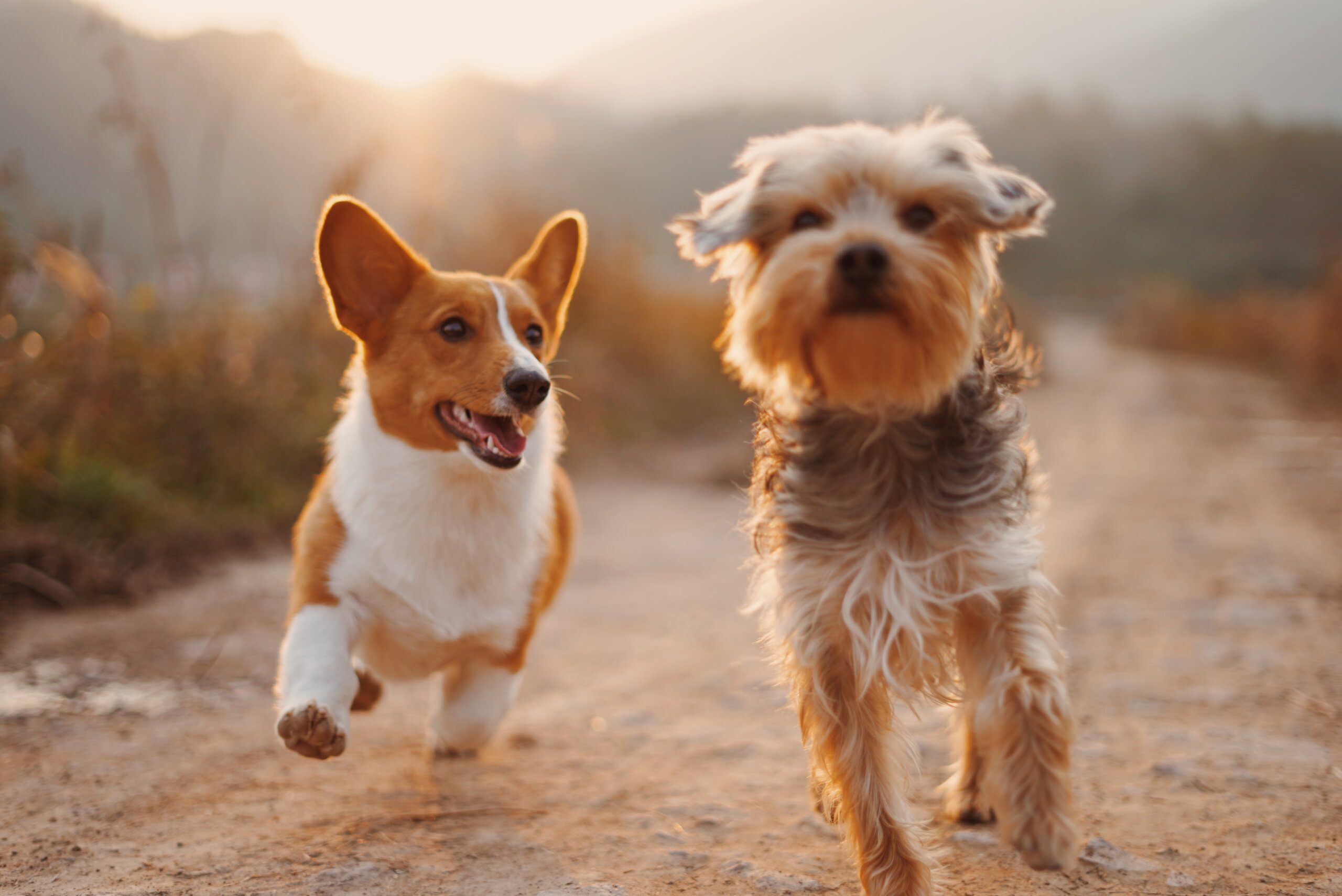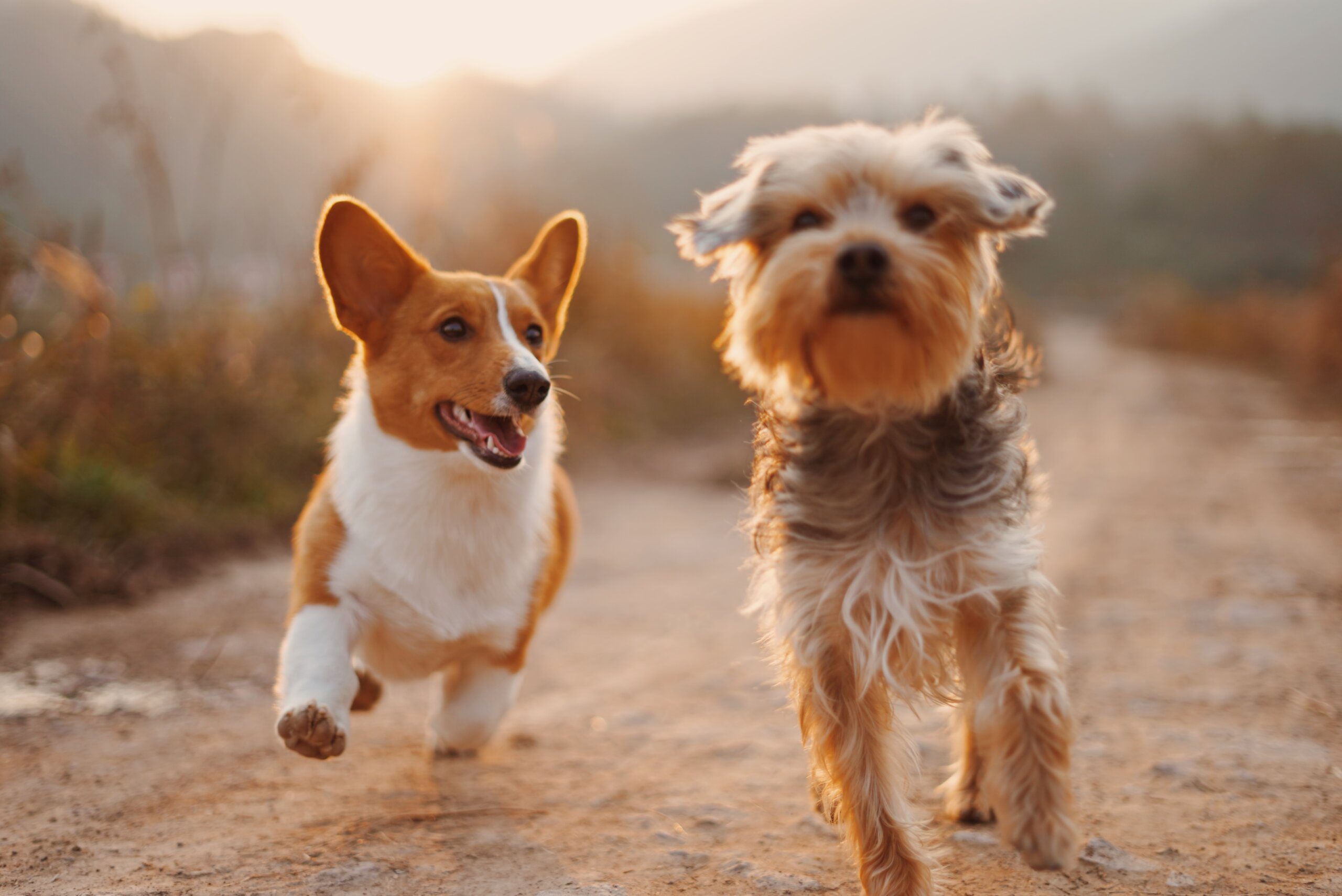Have you ever wondered about the cost of owning a capybara? These cuddly and unique creatures have been gaining popularity as pets, but it’s important to understand the financial aspects before bringing one home. From the initial purchase price to ongoing expenses like food, habitat setup, and veterinary care, the cost of owning a capybara can be quite significant. In this article, we’ll explore the various factors that contribute to the overall expenses associated with these adorable rodents, giving you a clear picture of what it takes to care for a capybara companion. So, let’s dive into the financial side of capybara ownership and discover if it’s the right fit for you!
The Cost of Owning a Capybara
Owning a capybara can be an exciting and rewarding experience. These adorable creatures are known for their friendly nature and unique appearance, making them popular pets for some individuals. However, before bringing a capybara into your life, it is important to consider the financial implications that come along with ownership. In this comprehensive article, we will explore the various costs associated with owning a capybara, from initial purchase to lifelong expenses, helping you make an informed decision about whether or not a capybara is the right pet for you.

Initial Purchase
Average cost of a capybara
When it comes to purchasing a capybara, the cost can vary depending on several factors. On average, the price of a capybara ranges from $1,000 to $3,500. However, it is crucial to note that the initial purchase price is just the tip of the iceberg in terms of overall costs. There are several other financial considerations to keep in mind.
Cost of acquiring a baby capybara
Many individuals prefer to acquire a baby capybara as they are easier to train and socialize. The cost of acquiring a baby capybara can be higher compared to an adult capybara due to the additional care and time required during their early stages. The price of a baby capybara can range from $1,500 to $5,000, depending on various factors such as breeder, location, and lineage.
Price variations based on location
Geographical location can significantly impact the price of a capybara. In areas where capybaras are more readily available, such as South America, the cost might be lower compared to regions where they are considered more exotic. Transportation costs can also vary depending on the distance and accessibility to capybara breeders or sellers. It is crucial to consider these price variations when budgeting for a capybara.
Enclosure and Habitat
Designing a suitable enclosure
Capybaras require a spacious and secure enclosure to thrive in a domestic setting. As highly social animals, they need ample space to socialize, explore, and exercise. When designing an enclosure for your capybara, it is recommended to provide a minimum of 500 square feet of outdoor space per capybara. This should ideally be complemented by additional indoor space for protection from extreme weather conditions.
Materials and construction costs
Constructing a suitable enclosure for a capybara involves various materials and construction costs. Fencing, gates, and other structural elements need to be strong and secure to prevent capybaras from escaping or potential predators from entering. The costs of these materials can range from $2,000 to $5,000, depending on the size and complexity of the enclosure.
Maintenance expenses
Maintaining a capybara enclosure involves ongoing expenses, including cleaning supplies, bedding, and repairs. Capybaras are known to be messy animals, and the enclosure needs frequent cleaning to ensure a healthy and hygienic environment. On average, monthly maintenance expenses can range from $100 to $200, although this can vary depending on the size of the enclosure and the number of capybaras.

Feeding and Dietary Needs
Daily food requirements
Capybaras are herbivores and have specific dietary needs to maintain optimal health. They primarily consume grass, hay, and various fresh vegetables. Additionally, they require a constant supply of fresh water for hydration. The daily food requirements for a capybara can range from 3 to 5 pounds of food, depending on its size and activity level.
Cost of specialized capybara diet
Capybaras have a specialized diet that may include certain commercial pellets or supplements to ensure they receive adequate nutrition. While the cost of grass, hay, and vegetables can be relatively affordable, specialized capybara diets can be more expensive. These specialized diets can cost anywhere from $50 to $100 per month, depending on the brand and quantity required.
Additional expenses for supplements and treats
In addition to their regular diet, capybaras may require additional supplements to fulfill specific dietary needs or address any health concerns. These supplements can include vitamins, minerals, or specialized food additions. Depending on the recommended dosage and frequency of administration, monthly expenses on supplements can range from $10 to $30. Additionally, occasional treats such as fruits or vegetables can also be provided, adding to the overall cost of feeding a capybara.
Veterinary Care
Routine check-ups and vaccinations
To ensure the health and wellbeing of your capybara, routine veterinary care is essential. Regular check-ups, vaccinations, and preventive medications are necessary to prevent and detect any potential health issues. The cost of routine veterinary care for capybaras can vary depending on the location and the availability of veterinarians experienced in treating exotic animals. On average, expect to spend around $200 to $500 per year for routine veterinary expenses.
Medical procedures and emergencies
Just like any other pet, capybaras can face medical procedures and emergencies that may require veterinary intervention. These can include spaying or neutering, dental care, and treatment for injuries or illnesses. The costs of these procedures can range from a few hundred dollars to several thousand dollars, depending on the complexity of the issue and the required medical care.
Insurance options for capybaras
Given the potential expenses associated with veterinary care, owners might consider pet insurance for their capybaras. While pet insurance can help alleviate the financial burden of unexpected medical costs, it’s important to note that not all insurance providers cover exotic animals like capybaras. Researching and comparing insurance options is crucial to find coverage that suits your specific needs and offers adequate protection for your pet.

Socialization and Enrichment
Importance of social interaction for capybaras
Capybaras are highly social animals that thrive on companionship and interaction. It is crucial to provide them with adequate socialization opportunities to ensure their mental and emotional wellbeing. While capybaras can bond with their human owners, it is highly recommended to consider acquiring a companion capybara or providing opportunities for interactions with other capybaras.
Cost of adopting or acquiring a companion
If you choose to adopt or acquire a companion capybara for your existing capybara, there will be additional costs involved. Acquiring another capybara can range from $1,000 to $3,000, depending on various factors such as age, breeder, and lineage. It is important to introduce the capybaras gradually and under proper supervision to ensure a smooth transition and minimize the risk of conflicts.
Enrichment toys and activities
To provide mental stimulation and prevent boredom, capybaras benefit from a variety of enrichment toys and activities. These can include puzzle toys, digging boxes, and swimming pools. While the cost of these items can vary, budgeting around $100 to $300 per year for enrichment toys and activities is a reasonable estimate. Regularly introducing new and engaging experiences will help keep your capybara happy and content.
Grooming and Hygiene
Regular grooming needs
Capybaras have specific grooming needs that require attention to maintain their overall health and hygiene. Regular grooming includes brushing their fur to prevent matting, trimming their nails, and cleaning their ears and teeth. While capybaras are generally easy to groom, it is essential to take the time and effort to maintain their cleanliness.
Cost of grooming supplies
To properly groom a capybara, you will need certain supplies, such as a soft brush, nail clippers, ear cleaning solution, and toothbrushes specifically designed for animals. Depending on the quality of the products and the brand, grooming supplies can cost anywhere from $50 to $100 initially. These supplies typically last for several months or even years, making them a relatively minor recurring expense.
Professional grooming services
While most capybara owners are capable of grooming their pets at home, some might opt for professional grooming services. These services can involve more complex grooming routines, such as specialized haircuts or spa treatments. Prices for professional grooming services can vary depending on the location and the specific services requested. It is important to research local groomers experienced in handling exotic animals and inquire about their pricing before deciding on professional grooming.
Travel and Transportation
Legal requirements and permits
Before traveling with a capybara, it is essential to understand the legal requirements and permits necessary for transporting exotic animals. Regulations regarding capybara ownership and transportation can differ from one jurisdiction to another. Research and consult with local authorities to ensure compliance with regulations and to acquire any necessary permits or documentation. Depending on your location, acquiring permits can range from $100 to $500.
Transportation expenses
Transporting a capybara can involve various expenses, including the cost of a suitable travel carrier, fuel for transportation, and potential accommodations during long journeys. The cost of transportation can vary greatly depending on the distance traveled and the mode of transportation chosen. It is important to budget for these expenses and plan the logistics of travel carefully to ensure the comfort and safety of your capybara.
Accommodations for travel
During travel, capybaras require appropriate accommodations to ensure their safety and comfort. This might include securing a large enough travel carrier, providing bedding or familiar objects for reassurance, and planning regular breaks for exercise and bathroom breaks. In some cases, overnight stays might be necessary, requiring additional expenses for accommodations. Consulting with professionals experienced in traveling with exotic animals can provide valuable insights and assistance in making travel arrangements.
Legal Considerations
Permits and licenses
Ownership of capybaras often requires permits or licenses, as these animals are considered exotic pets in many jurisdictions. The process of obtaining permits and licenses can involve paperwork, inspections, and fees. It is crucial to research and comply with the specific legal requirements in your area to ensure the legality and legitimacy of owning a capybara.
Fines and penalties for illegal ownership
The consequences of illegally owning a capybara can be severe, including fines, penalties, and potential confiscation of the animal. It is essential to be aware of the legal restrictions in your jurisdiction and adhere to them to avoid any legal repercussions. Engaging with local authorities and acquiring the necessary permits can help ensure a responsible and legal ownership.
Legal restrictions on capybara ownership
While capybaras are legal to own as pets in certain jurisdictions, other areas have strict regulations or outright bans on their ownership. Local laws might prohibit owning certain exotic animals for various reasons, such as concerns for public safety or the potential threat to native ecosystems. Understanding and respecting the legal restrictions is crucial to avoid any legal issues and to promote responsible pet ownership.
Longevity and Lifetime Costs
Capybara lifespan
Capybaras have a relatively long lifespan compared to many other small mammals. In captivity, they can live anywhere from 8 to 12 years on average, with some individuals reaching 15 years or more. It is important to consider the extent of the financial commitment involved in providing for a capybara throughout its entire lifespan.
Annual costs for basic needs
Providing for the basic needs of a capybara on an annual basis includes expenses such as food, veterinary care, bedding, and grooming supplies. On average, these costs can range from $1,500 to $3,000 per year. It is crucial to budget for these recurring expenses to ensure you can meet the ongoing needs of your capybara.
Extra expenses over the lifespan
In addition to annual costs, capybaras may require unexpected or additional expenses throughout their lifespan. This can include unforeseen medical procedures, enclosure repairs or modifications, and other miscellaneous expenses. While it is challenging to estimate the exact amount of these extra expenses, it is essential to have an emergency fund or savings in place to prepare for any unforeseen circumstances.
Conclusion
Owning a capybara can be a fulfilling and delightful experience for those who are prepared to take on the responsibility and financial commitment involved. From the initial purchase to the lifelong costs, there are numerous financial considerations to be aware of when considering capybara ownership. The total cost of owning a capybara extends far beyond the purchase price, including enclosure construction and maintenance, feeding and dietary needs, veterinary care, socialization and enrichment, grooming and hygiene, travel expenses, and legal considerations. It is crucial to carefully evaluate these costs, balance them against your budget and lifestyle, and determine whether owning a capybara is the right choice for you. Remember, as with any pet, the welfare and happiness of the capybara should always be the top priority, and responsible ownership entails providing the care and support they need throughout their lives.
Alternatives to direct ownership
If the costs and responsibilities associated with owning a capybara seem overwhelming, there are alternatives to consider. While nothing can replace the joy of having a capybara as a pet, visiting a local zoo or wildlife sanctuary can provide an opportunity to appreciate and interact with these fascinating animals without the same financial and logistical commitments. Additionally, volunteering at or supporting organizations that work to conserve and protect capybaras and their natural habitats can be a meaningful way to contribute to their wellbeing while enjoying the benefits of capybara companionship. Remember, there are multiple ways to engage with capybaras and appreciate their uniqueness without having to bear the full responsibilities of ownership.



